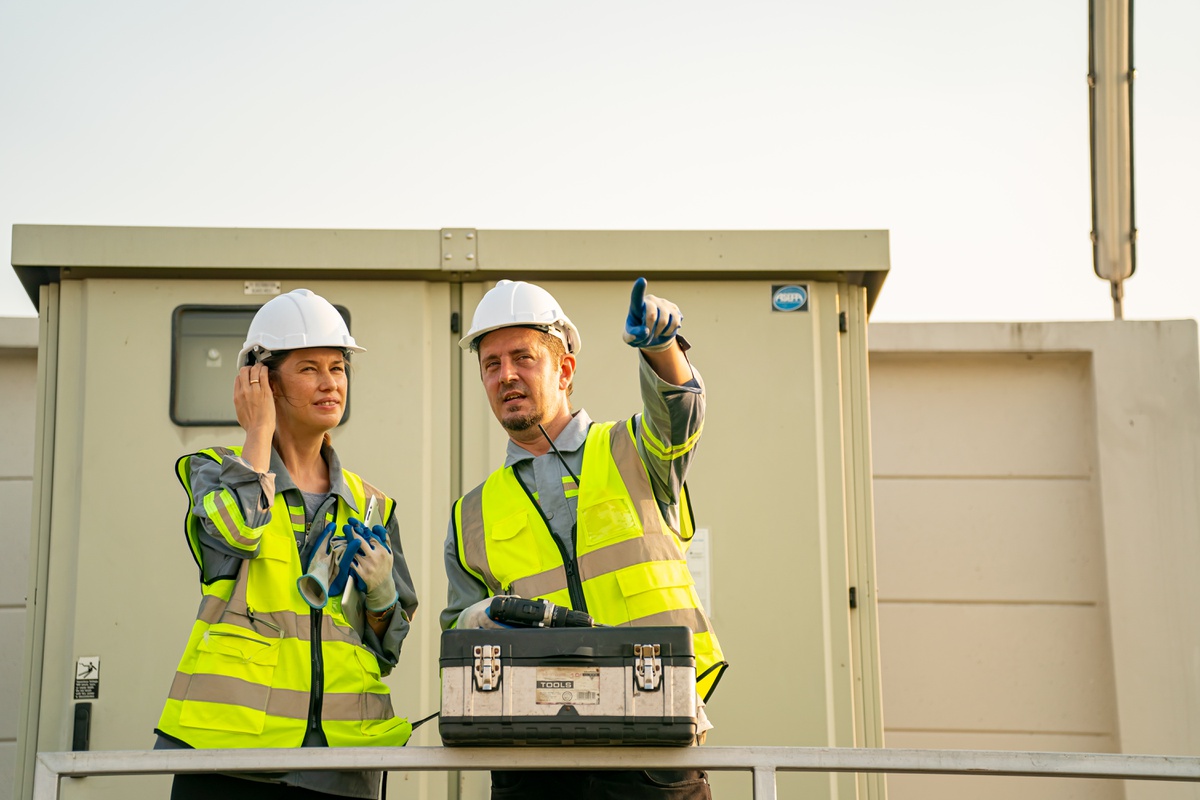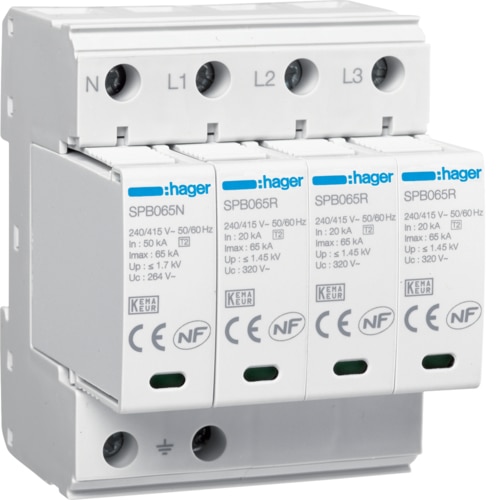As a landlord, ensuring the safety and satisfaction of your tenants is paramount. One crucial aspect of property management that often gets overlooked is regular electrical maintenance. In the UK, where stringent regulations govern rental properties, keeping your electrical systems in top condition is not just a matter of compliance but also of safety and financial prudence. Here’s why regular electrical maintenance is essential for landlords.
- Ensuring Tenant Safety
The foremost reason for regular electrical maintenance is the safety of your tenants. Faulty wiring, outdated systems, and malfunctioning electrical appliances can pose significant risks, including electrical fires, shocks, and other hazards. Regular inspections and maintenance help identify and rectify potential issues before they become dangerous, providing peace of mind for both you and your tenants. - Compliance with Legal Requirements
In the UK, landlords are legally required to ensure that the electrical installations in their rental properties are safe when tenants move in and maintained throughout their tenancy. The Electrical Safety Standards in the Private Rented Sector (England) Regulations 2020 mandate that landlords must have electrical installations inspected and tested by a qualified electrician at least every five years. Non-compliance can result in hefty fines and legal complications. Regular maintenance ensures you meet these legal obligations and avoid potential penalties. - Protecting Property Value
Regular electrical maintenance helps preserve the value of your property. Neglected electrical systems can deteriorate over time, leading to costly repairs and potentially devaluing your property. By keeping your electrical installations in good condition, you not only ensure safety but also protect your investment. Well-maintained properties are more attractive to prospective tenants, enhancing rental income potential. - Preventing Costly Repairs
Addressing minor electrical issues during regular maintenance can prevent them from escalating into major, costly repairs. For instance, a small wiring problem can, if left unattended, lead to significant damage requiring extensive and expensive repairs. Regular maintenance helps catch and fix these issues early, saving you money in the long run. - Enhancing Tenant Satisfaction and Retention
Tenants appreciate living in well-maintained properties where their safety and comfort are prioritized. Regular electrical maintenance demonstrates your commitment to providing a safe and comfortable living environment. Happy tenants are more likely to stay longer, reducing tenant turnover and the associated costs of finding and onboarding new tenants. - Improving Energy Efficiency
Regular electrical maintenance can also identify opportunities to improve energy efficiency. Upgrading old lighting fixtures to LED, installing energy-efficient appliances, and ensuring systems are running optimally can significantly reduce energy consumption. This not only lowers utility bills for you and your tenants but also contributes to environmental sustainability. - Documentation and Record Keeping
Maintaining regular electrical inspections and repairs ensures you have up-to-date records of all work carried out. This documentation is crucial for legal compliance and can be valuable if any disputes arise. It also provides a clear maintenance history for potential buyers if you decide to sell the property in the future.
Conclusion
Regular electrical maintenance is a critical responsibility for landlords. It ensures tenant safety, compliance with legal requirements, protection of property value, prevention of costly repairs, enhanced tenant satisfaction, improved energy efficiency, and thorough documentation. By prioritizing regular electrical checks and maintenance, landlords can create a safe, efficient, and attractive living environment, ultimately benefiting both themselves and their tenants.





